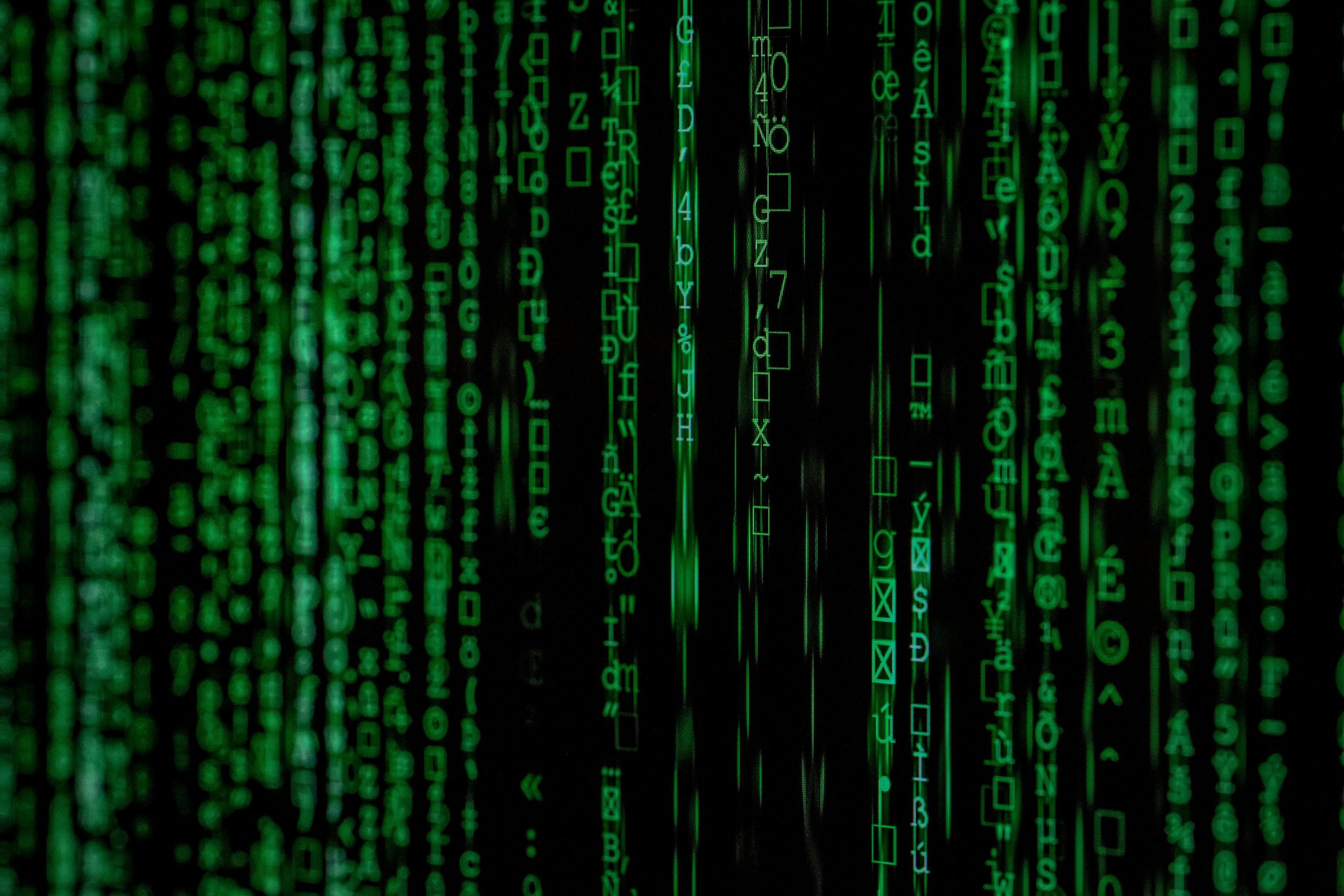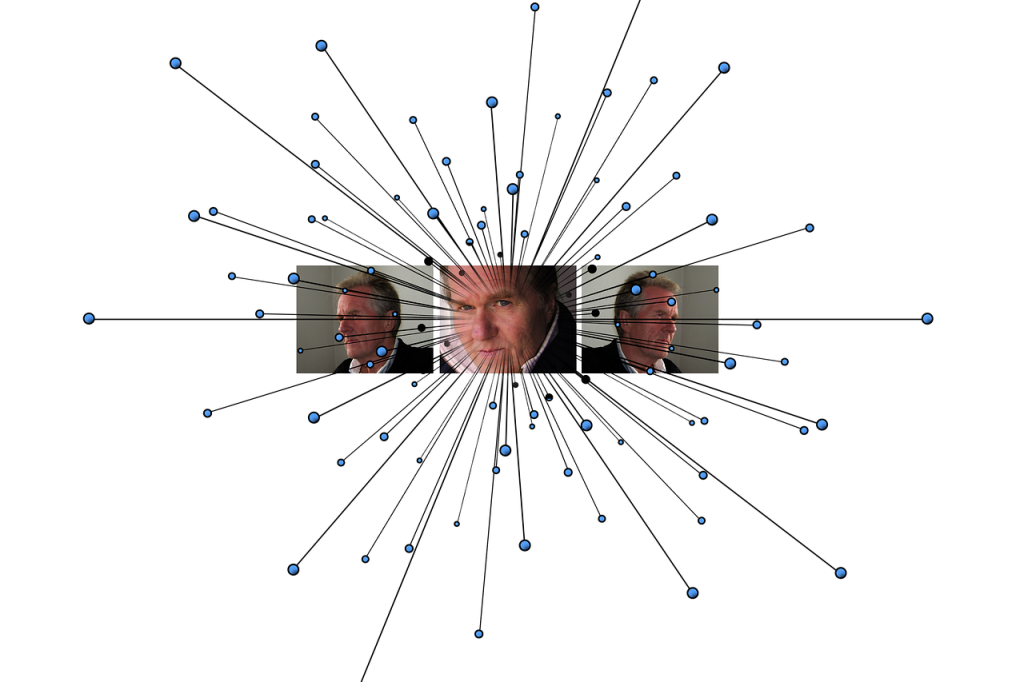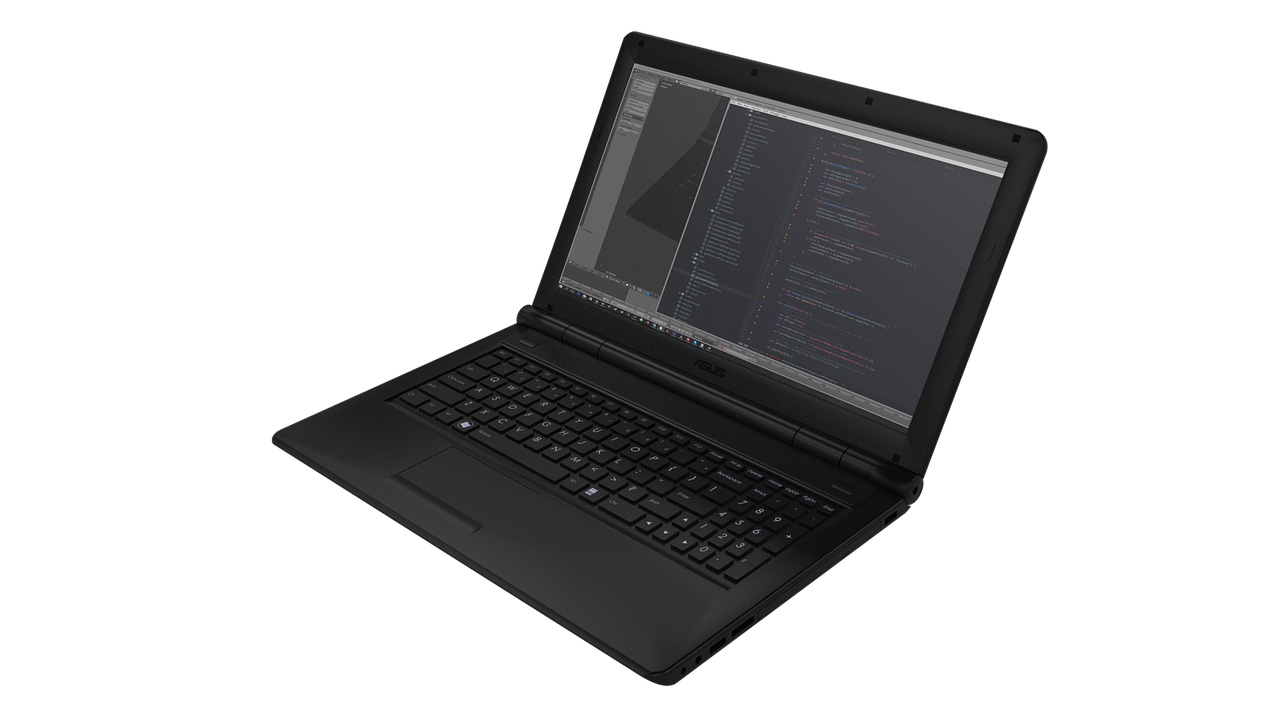Coding for quantum computers is a specialized field, but here’s a simplified overview:
1. Understand Quantum Mechanics:
- Qubits: The fundamental unit of quantum information, unlike classical bits (0 or 1), qubits can exist in a superposition of both 0 and 1 simultaneously.
- Quantum Gates: Operations performed on qubits, analogous to logic gates in classical computers. Examples include:
- Hadamard Gate: Puts a qubit into a superposition state.
- CNOT Gate: Controls the state of one qubit based on the state of another.
- Measurement: Collapses the qubit’s superposition into a definite state (0 or 1).

2. Choose a Programming Language/Framework:
- Qiskit (IBM): Popular open-source framework for developing quantum algorithms.
- Cirq (Google): Another powerful framework for designing and optimizing quantum circuits.
- Forest SDK (Rigetti): Provides tools for programming Rigetti’s quantum computers.

3. Learn the Basics:
- Start with simple quantum circuits: Begin with basic operations like single-qubit rotations and two-qubit gates.
- Explore quantum algorithms: Study fundamental algorithms like:
- Deutsch-Jozsa Algorithm: Determines whether a function is constant or balanced.
- Grover’s Algorithm: Speeds up unstructured search problems.
- Shor’s Algorithm: Efficiently factors large numbers (with potential implications for cryptography).

4. Access Quantum Hardware:
- Cloud-based platforms: Many companies (like IBM, Google, and Rigetti) offer cloud access to their quantum computers.
- Simulators: Use simulators to test and debug your code before running it on actual hardware.

5. Practice and Experiment:
- Work on real-world problems: Apply quantum computing techniques to solve problems in areas like chemistry, materials science, and finance.
- Join the community: Engage with the quantum computing community through online forums, conferences, and workshops.

Key Considerations:
- Quantum computers are still in their early stages: Current hardware is limited in terms of the number of qubits and error rates.
- Requires specialized knowledge: Understanding quantum mechanics is essential for effective quantum programming.

Resources:
- Qiskit Tutorials: https://learning.quantum.ibm.com/catalog/tutorials
- Cirq Documentation: https://quantumai.google/cirq
- Quantum Computing Courses: Many universities and online platforms offer courses on quantum computing.
This is a very simplified overview. Coding for quantum computers is a challenging but rewarding field with the potential to revolutionize various industries.


